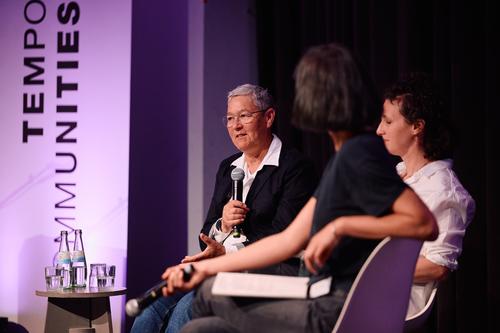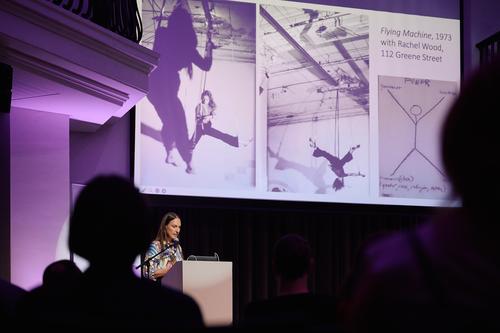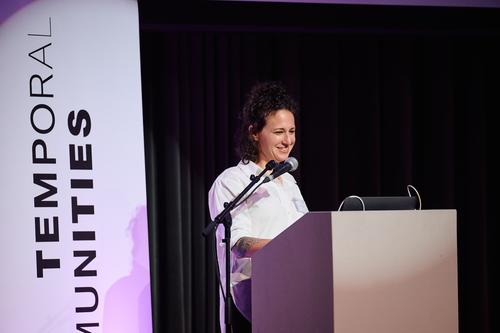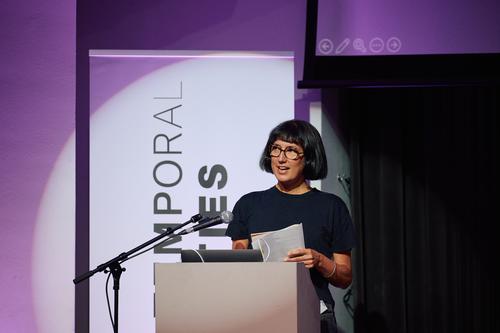9 July | Roundtable: Past Perspectives on Contingent Futures for the Performing Body – Anarchival, Anarchitectural and Queering Practices
Part of the EXC 2020 Annual Conference 2025 "Futures of Doing Literature", 9–11 July 2025.
Against the backdrop of theories of the archive as a hegemonic institution and the performative turn, academics, archivists, activists and artists have developed approaches to confront this dispositif through archival counter-practices and counter-archives. The notion of 'anarchiving' encompasses strategies of undoing the archive by not only reading archival material against the grain, but by challenging it as a medium conceived to store and preserve a classified and fixed past. Taking into consideration practices that defy archiving and/or were disregarded by its mechanism, especially those pertaining to the body, 'anarchiving' repositions archival material as dynamic, unfixed and historically contingent. In the act of rereading, reordering and reassembling the materials in question, these practices contest the very notion of a 'canon' or 'corpus'.
This roundtable discussion centred on the relationship between anarchival perspectives and the (performing) body in the arts, bringing together case studies on what alternative readings and new insights can be generated by returning to archival material that has been pressed into service to attest to a dominant narrative of art history.
With Jack Halberstam (Gender Studies and English | Columbia University/EXC 2020 Distinguished Fellow of Global Literary Studies 2025), Friederike Schäfer (Research Area 2: Travelling Matters), Caroline Lillian Schopp (Art History | Johns Hopkins University) and Jennifer Sichel (Art History | University of Louisville).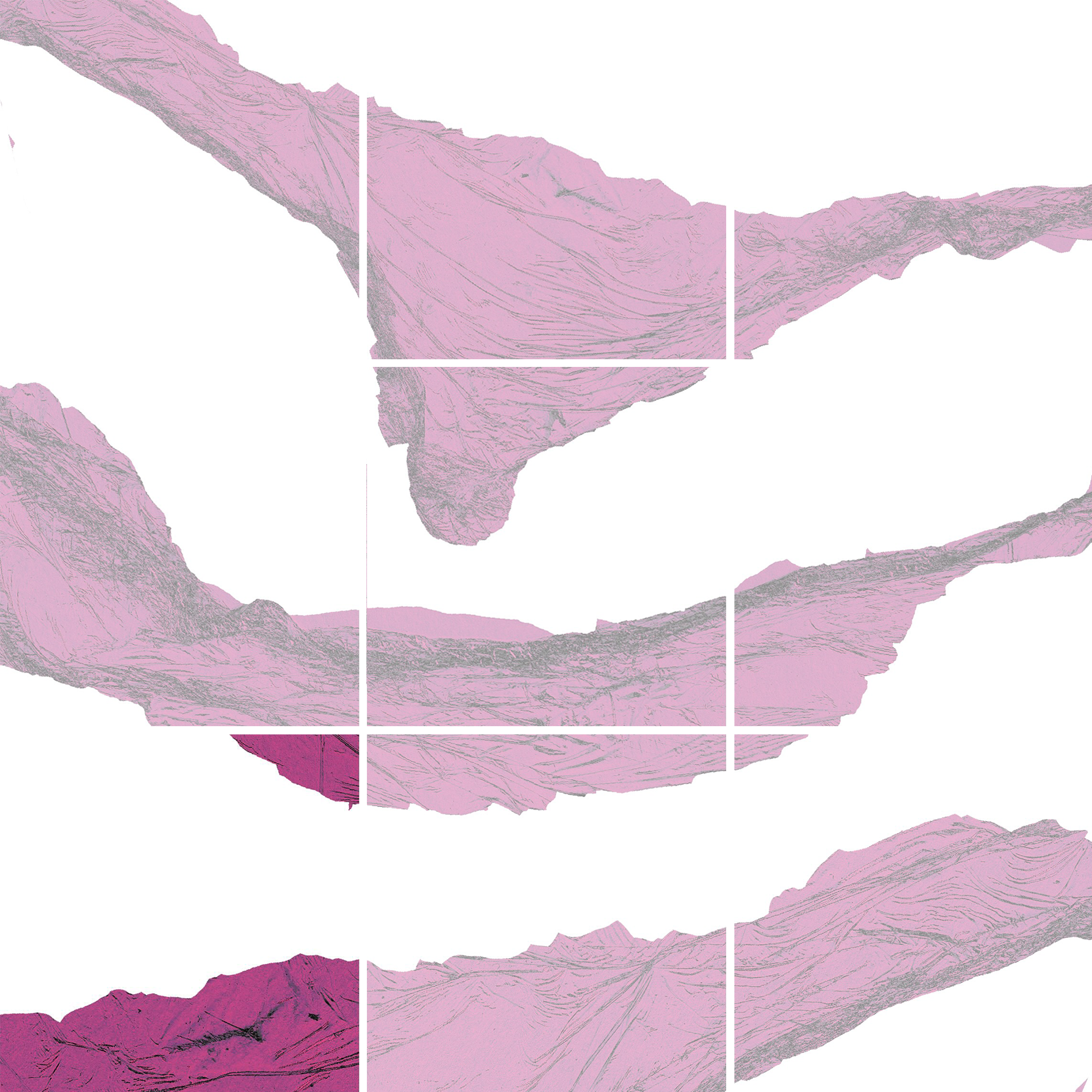
Image Credit: S. Messner 2025 for EXC 2020 using a photo by Valeria Reverdo on Unsplash.
Jack Halberstam
Halberstam drew on the artistic concept of Anarchitecture to defy any normative fixations in his thinking about transness. His exploration of the meaning of trans embodiment originates in Anarchitecture as a model of undoing hierarchies and constraining structures and thus to unbuild the binary that underlies the prevailing system of gender. This queering strategy not only seeks to disrupt social norms, but to conceive of the trans body as providing dimensions of corporeality beyond those afforded by the current status quo.
Image Credit: © Christina Stivali / Turboturbo
Friederike Schäfer
With a special focus on the artistic practices of the Anarchitecture group, Schäfer presented a counter-reading to the congealed narrative of Anarchitecture as an artistic stance on architecture by foregrounding the witty, poetic and philosophical note cards written by artist Gordon Matta-Clark in the 1970s, as well as Suzanne Harris's reflections on her embodied approach to installation art.
Image Credit: © Christina Stivali / Turboturbo
Jennifer Sichel
Jennifer Sichel's and Caroline Lillian Schopp's reconceptualisations of archival material from the 1960s and 1970s each play an essential role in current efforts to critically re-engage with key episodes in art history. Proposing the notion of 'criticism without authority', Sichel encouraged a fresh perspective on New York's avant-garde artistic scene as one that is decisively queer, marked by failed tactics and genre-bending practices that resist categorisation.
Image Credit: © Christina Stivali / Turboturbo
